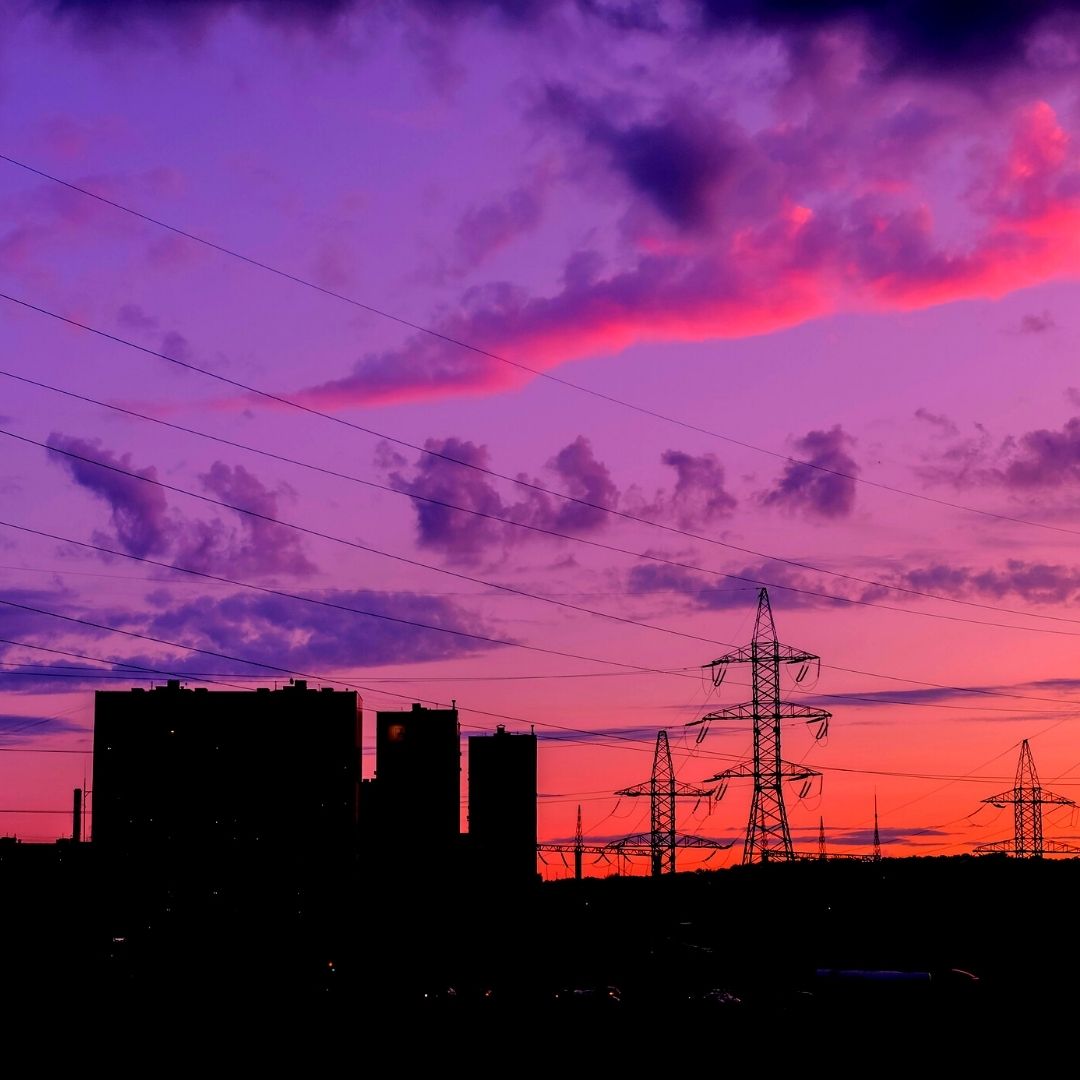
Image Credit: Unsplash (Representational)
Over 36-Hour Blackout Brings Chandigarh To Standstill; Hospital Services, Water Supply Hit
Writer: Snehadri Sarkar
While he is a massive sports fanatic, his interest also lies in mainstream news and nitpicking trending and less talked about everyday issues.
Chandigarh, 23 Feb 2022 8:38 AM GMT
Editor : Ankita Singh |
A literature lover who likes delving deeper into a wide range of societal issues and expresses her opinions about the same. Keeps looking for best-read recommendations while enjoying her coffee and tea.
Creatives : Snehadri Sarkar
While he is a massive sports fanatic, his interest also lies in mainstream news and nitpicking trending and less talked about everyday issues.
On February 22, the Chandigarh administration decided to enforce the Essential Services Maintenance Act, which banned strikes by the electricity department for six months.
Many parts of Chandigarh have been stranded without any water and electricity for more than 36 hours in a major blackout due to a three-day strike by electricity department workers. Since the evening of February 21, thousands of residents have been living without water and power supply, and traffic lights are also not functioning in many parts of one of the country's most well-planned cities.
The administration has accused striking workers of "acts of sabotage" in court.
As a result of the massive cutoff, Government hospitals have also been forced to reschedule numerous surgeries.
"We have a backup plan like we have generators. But you cannot put 100 per cent load of a hospital on a generator. So, we had to reschedule or postpone our planned surgeries," Chandigarh Health Services Director Suman Singh has been quoted as saying by NDTV.
This power cut has also resulted in a shut down of online classes and coaching institutes in the Union Territory (UT), located approximately four hours from the national capital.
Chandigarh Power Crisis
The electricity workers are currently protesting against the privatisation of the electricity department. Dharam Pal, Union Territory Advisor, held a meeting with the power men's union to convince them to end the ongoing strike; however, there has been no resolution.
The protesting workers worry that privatisation will change their work terms and drive up power tariffs.
On February 22, the Chandigarh administration decided to enforce the Essential Services Maintenance Act, which banned strikes by the electricity department for six months.
Furthermore, officials of the Chandigarh administration also stated that they had already made arrangements to maintain the power supply. Still, traders and residents complained of outages in numerous parts of the city. Power cuts have also crashed industrial production and manufacturing at a few units across Chandigarh.
The HC Steps In
On Tuesday, the Punjab and Haryana High Court had intervened and summoned the Union Territory's Chief Engineer on February 23.
Justices Pankaj Jain and Ajay Tewari directed the Chief Engineer to inform them regarding the measures adapted to alleviate the power crisis in the city.
Anil Mehta, the Chandigarh administration's lawyer, informed the judges that "the power failure is on account of acts of sabotage by the striking employees". He also added that Haryana and Punjab had been asked to loan their power workers to help tide over the crisis.
Also Read: Meet Tufail Ahmad, J&K's First Tribal Youth, Who Cracked NEET 2022 Exams
 All section
All section














